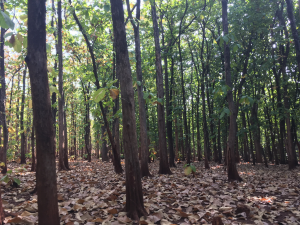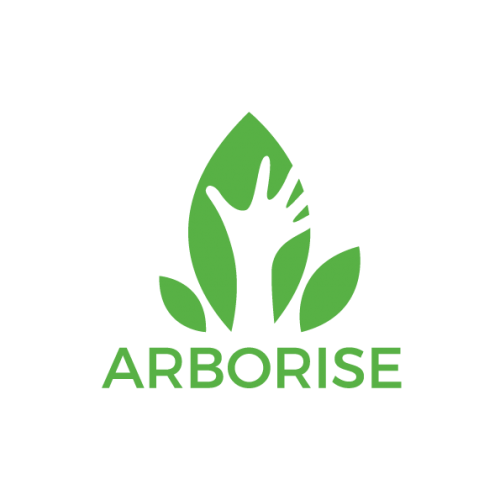Organic reforestation
Planting trees to absorb CO2 is, according to the IPCC, the most natural and effective way to fight against global warming. The arboRise project wants to reforest by relying on Nature’s ability to regenerate itself.



Indeed, reforestation projects often focus on a limited choice of species (teak, eucalyptus, pine, etc.), leading to fragile and non-resilient monocultures. Such reforestation is not sustainable. In addition, their costs per hectare are often high (around 2’000 Euro) because a large part of the reforestation budget does not go to the trees.





arboRise is aimed at donors in high-income countries who want to take concrete steps using natural processes.


arboRise operates in Guinea (Conakry) because the strong rainy season favours the growth of vegetation. 


Planting trees to absorb CO2 is, according to the IPCC, the most natural and 


Indeed, reforestation projects often focus on a limited choice of species (teak, eucalyptus, pine, etc.), leading to fragile and non-resilient monocultures. Such reforestation is not sustainable. In addition, their costs per hectare are often high (around 2’000 Euro) because a large part of the reforestation budget does not go to the trees.


The seeds are certainly the most important element for our reforestation. These are harvested locally (short circuits to minimise grey energy) thanks to farming families from the region, each owning one of the 40 local species chosen. In addition to providing a supplementary income to these families, rewarding the harvesting of seeds is a call to preserve their trees.



arboRise is aimed at donors in high-income countries who want to take concrete steps using natural processes.


Every year, as a donor, you will receive a personalised information about “your” hectare and you can thus see how the plant cover is progressing and your personal impact in the fight against global warming.
A donation for one hectare is equivalent in tropical forests to the storage of 37 tons of carbon per year (gross primary carbon production), almost the weight of the huge 40-ton trucks that criss-cross Guinea (and Europe).
The arboRise foundation operates in Guinea (Conakry) because the strong rainy season favours the growth of vegetation. 


Make a donation
…invested to 100% in reforestation in tropical areas
Join the community
Let’s initiate a virtuous circle together
Discover why
…we must act now!
